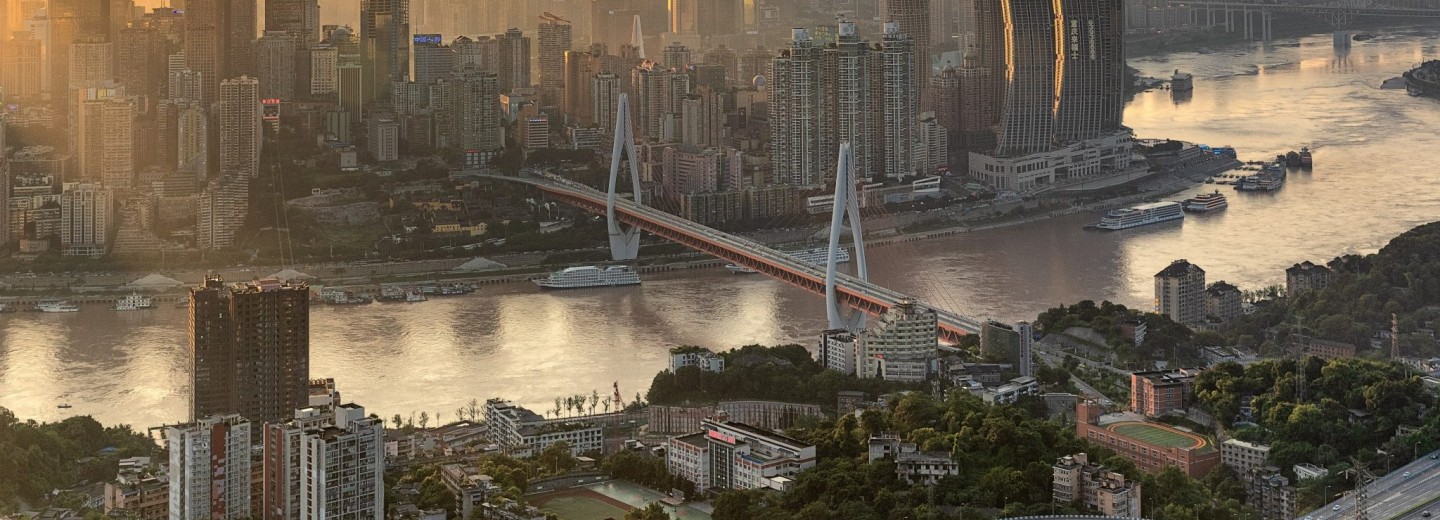China News 6th December 2022
Taiwanese scholar, Wu Zhe, wants to change the misunderstanding of the modern Chinese country in relation to Western modernity. From the perspective of Chinese and Western historical contrasts, China's modernisation is not a copy of the Western European model but continues Chinese history itself.
China's traditional politics was an open system. Western European traditional politics had their own closed systems. This view has been questioned by some readers. I want to explain it briefly. First, please note that I am comparing traditional politics between China and Western Europe. As for modern politics, it is the topic that this short article today will cover, but I will still start from a traditional perspective. Secondly, Chinese readers generally find it easier to have a simplified version of European history. From my personal experience, going deep into European history is very helpful for us to compare with Chinese history.
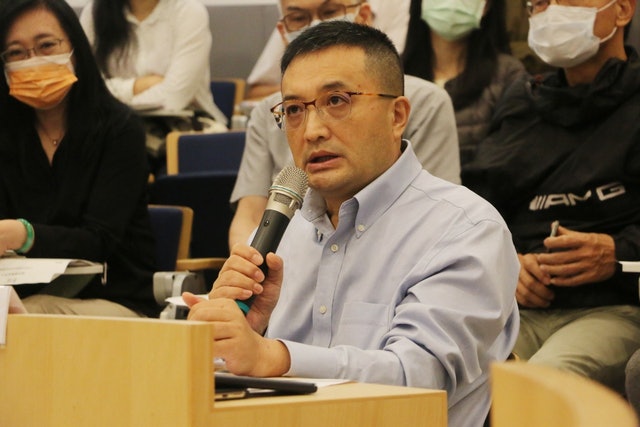
Wu Zhe, deputy researcher of the Institute of Modern History of the Taiwan Academia Sinica
Before the 21st century, the modernity talked about by the intellectual community was modern Western civilisation. Its displays the characteristics of system, organisation, culture, order and other characteristics of modern Western civilisation with Western rationality as the core. It roughly originated at the end of the European medieval period, developed in the modern history of Europe, and spread to the world with the expansion of Western European forces. Therefore, the content of the global modernity agreed by the intellectual community is still Western modernity.
With the establishment of the Western dominance in the world's political economy, Western modernity has developed at a high level around the world. One of these systems is sometimes called a "rule-based international order". From this logic, the modern world based on this set of order and system is called ‘modernisation’.
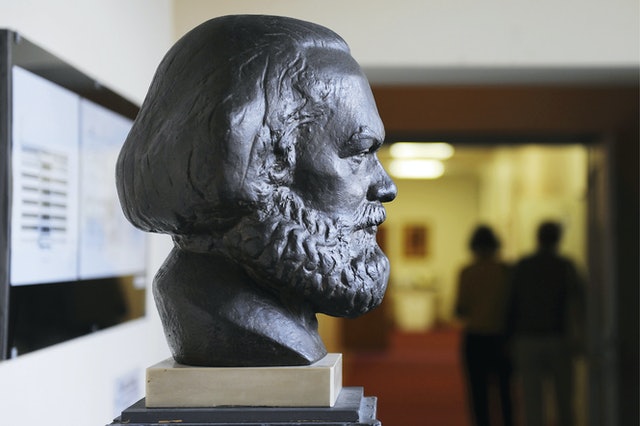
There are many common values shared between traditional Chinese thought and Marxism.
Globalisation is also a part of modernisation. Most countries or regions either voluntarily or by force integrate into this modern world order. The resulting modern world is basically the order formed and dominated by Western powers. The modernity here is defined by the West.
China's social and economic development in the 21st century provides an unprecedented opportunity to examine the definition of the concept of modernity from a historical perspective and for us to rethink the big issue of modernity.
This is not to say that China has rewritten the definition of modernity, nor does it mean that China re-wrote the history of modernisation in previous centuries. Instead, China’s different modernisation model and process give us the opportunity to extend the period of historical observation and reconsider historical observation; relatively speaking, it will also let us understand the formation of modern Chinese national formation from another perspective.
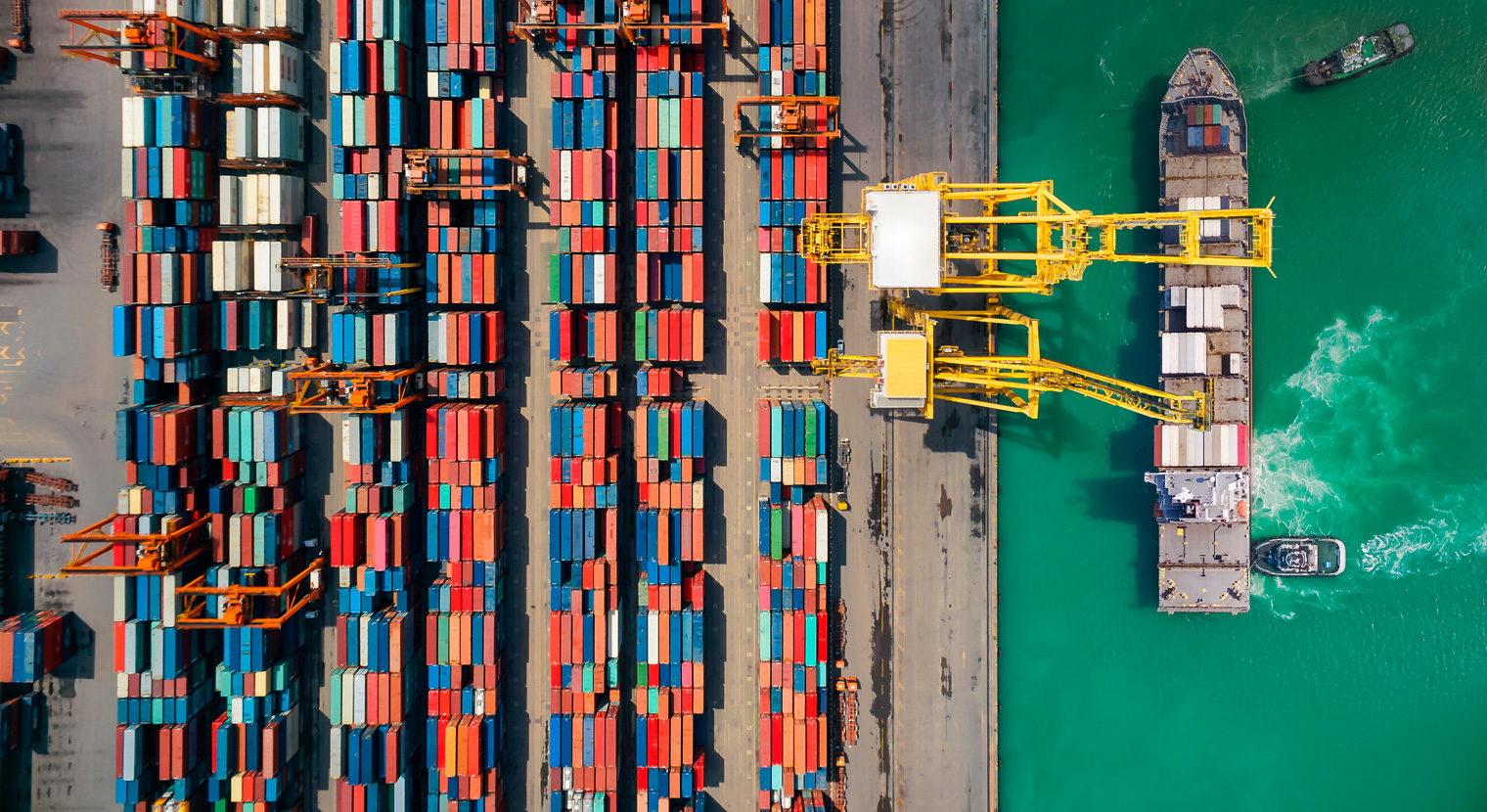
There is no doubt that the unique development of capitalist society in Western Europe and their dominance of the global nature have made many historians and futurists believe that the Western European North American model will be the end of history. Many of them, learned and insightful people, believe that although China was roughly synchronised with Western Europe around the 15th century, there are essential differences in social structure, political system and historical evolution. The premise of this logic is that the Western European model defines the political, economic, scientific and cultural modern appearance of modern society, is the prototype and definition of modernity of all parts of the world.
However, when we put this premise aside and observe the specific content of modernity identified by the world, including political participation, secularisation, personalisation, marketisation, industrialisation, urbanisation, and a high division of labour, we will observe China's performance in these indicators in the 21st century. To a large extent, it is not to copy the Western European model, but to continue the context of Chinese history itself.
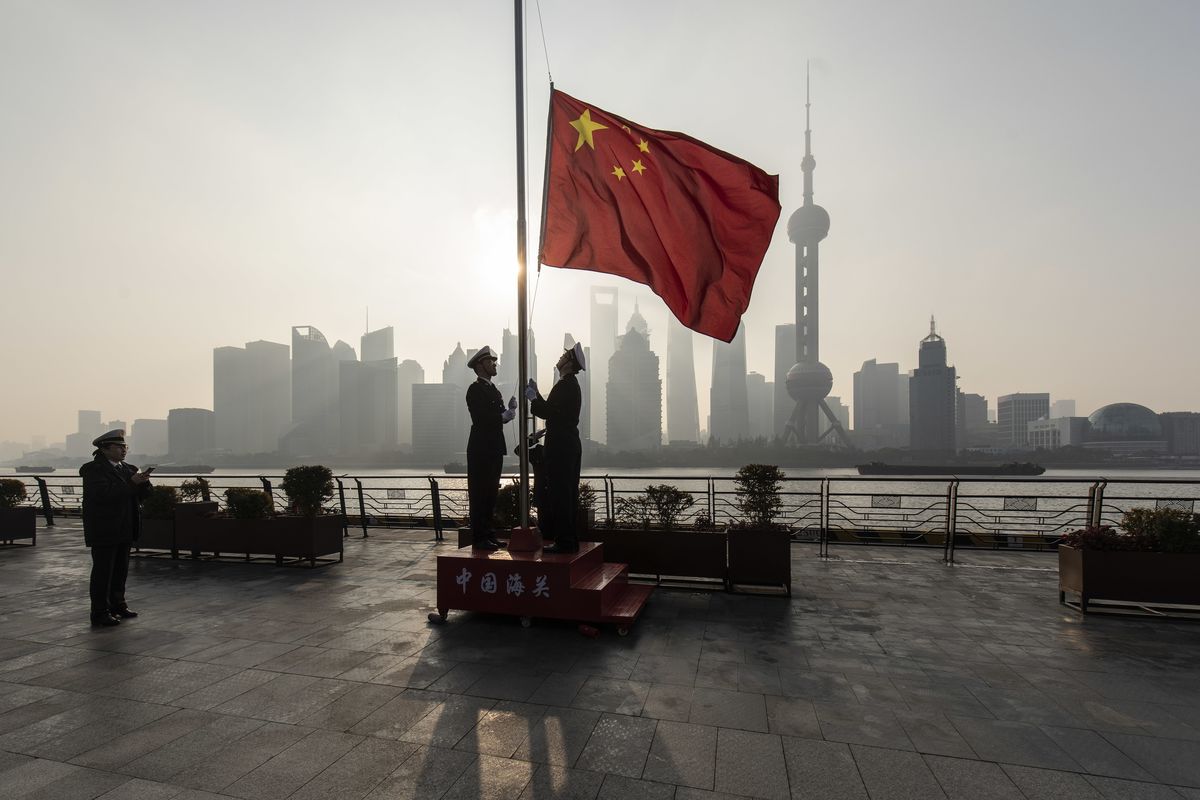
Before the end of the European Middle Ages, the cross-class cultural diversity of traditional Chinese society, (that is the open and closed issues I once mentioned, as well as the degree of participation, secularisation, marketisation and even personalisation of ordinary Chinese in society and politics), was much higher than that of Europe at the same time. The non-hereditary and rational political and management systems, combined with the traditional Chinese Confucian and legal concepts, were admired and envied by Western European missionaries.
All this brings together the tradition of "people-oriented politics" and a "people-oriented society", which is the core of China's modernisation inheritance. So, if we escape the antagonistic writing in the ideological history textbook, we will find that Wang Fuzhi and Huang Zongxi share many common values with the Great Righteousness Emojue", the Three People's Principles, and Chinese Marxism, and we will also find the continuous clues between them.
The author Wu Zhe is an associate researcher of the Institute of Modern History of the Central Research Institute of Taiwan.
Worked on the article:

Wanlikhang


